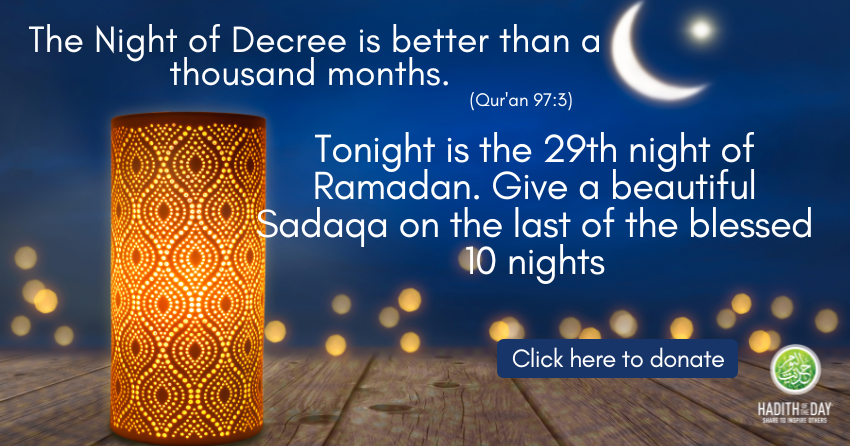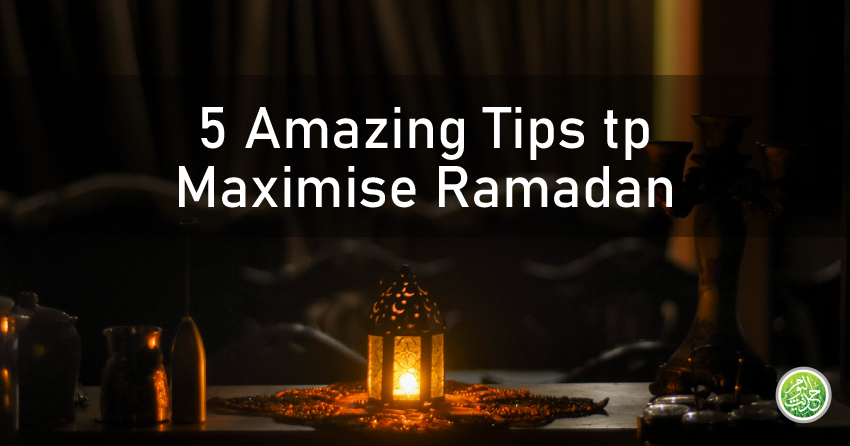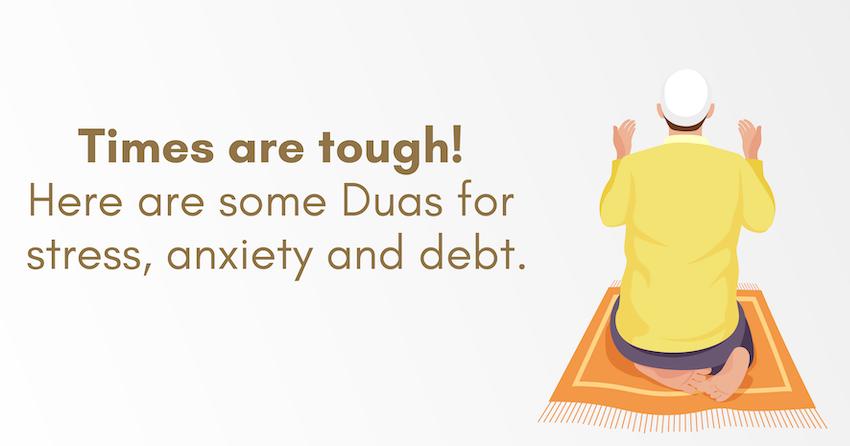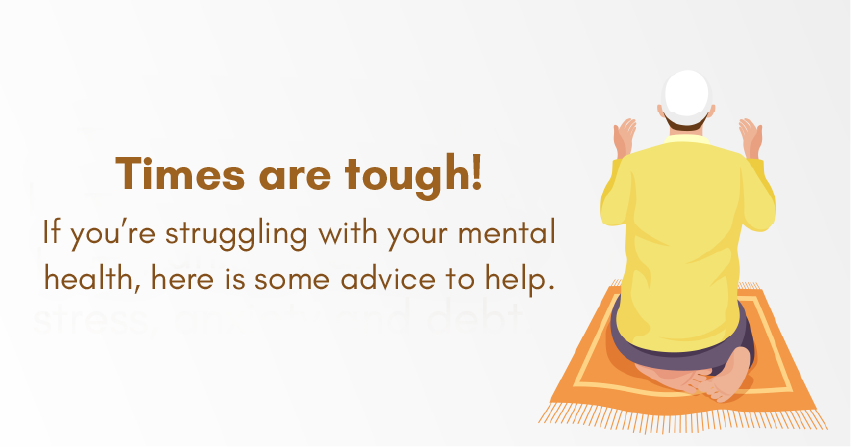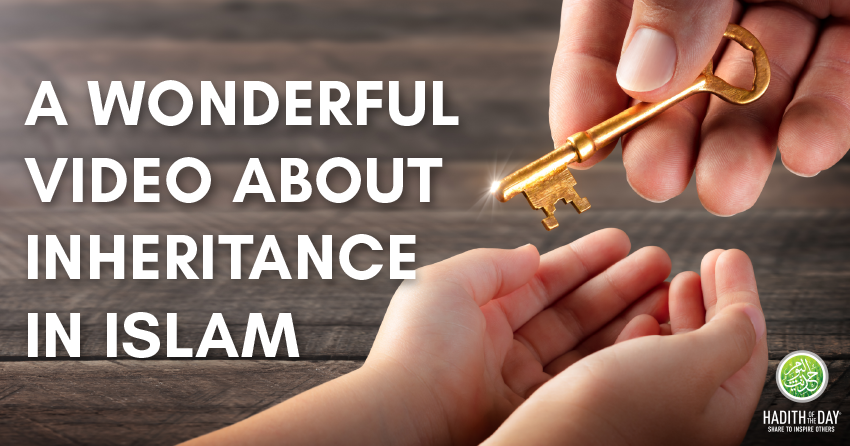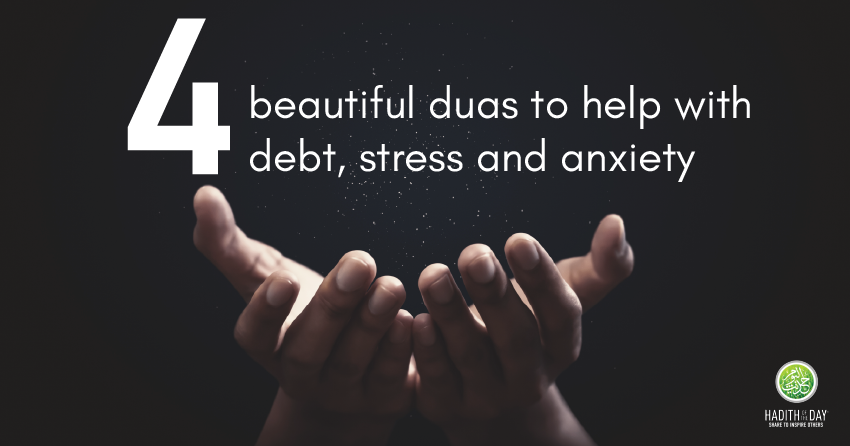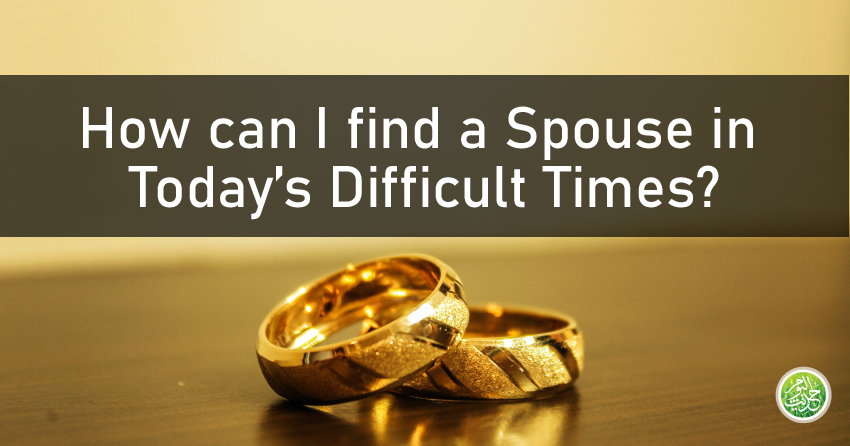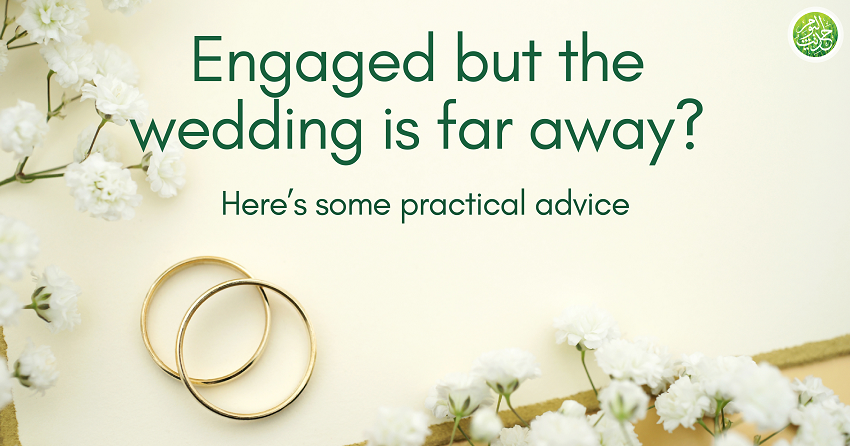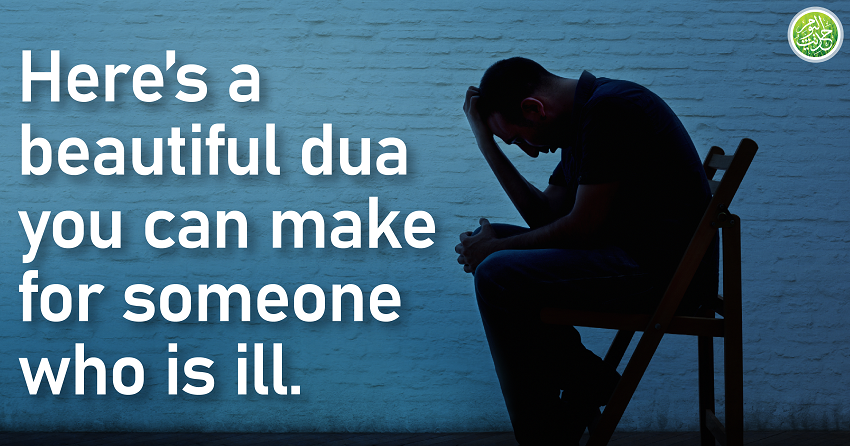I don’t feel romantic with my husband.

Question:
I have a serious problem and was hoping you could offer some advice. I have been married for three months, meaning we just had the wedding and moved in together three months ago. Prior to that, I had my nikkah (religious marriage ceremony) for one year. The marriage was not consummated then, and we were living apart. During that year, I was very physically attracted to my husband, and the physical intimacy between us was very good. Suddenly, RIGHT after we got married, I am no longer able to “get in the mood” and we have not yet had intercourse. My husband has been very good to me, but for some reason there’s nothing I can do to get in the mood anymore. I have NO idea what happened and why this suddenly ended right after our honeymoon. When he touches or kisses me, I just don’t feel anything or get excited at all.
Any input would be greatly appreciated. Thank you.
Answer:
You may be experiencing low sexual desire or problems with sexual arousal. These are two common but different complaints among women. Low sexual desire is when you don’t feel interested in sex. A problem with sexual arousal however, means that even though you may feel desire, your body or mind may not be excited. Sometimes, low sexual arousal can be due to a lack of interest in sex, but there are many factors that may be affecting your sexual relationship. It is difficult to determine what the problem is without an appropriate assessment, but consider the following:
Do you have an illness? Are you taking any medication?
Some medical conditions and drugs can contribute to problems with sexual functioning. Consider visiting a doctor for a medical evaluation.
What changed after the honeymoon?
Sometimes we can become disillusioned after the honeymoon period is over. Marriage is not always romantic. Perhaps that year of nikkah was characteristic of the honeymoon phase – that beginning phase of a relationship, full of passion and excitement, high on expectations, but low on reality. That usually changes after some time of marriage.
Is there tension in your marriage? Are you feeling resentment towards your husband?
Sexual problems will often coincide with problems in the relationship.
How is your emotional and mental health?
Sometimes, psychological barriers can unconsciously impact our sexuality. Is there something making you uncomfortable during sexual activity with your husband? Are you afraid of becoming pregnant? Are you confident with your body? Some women may just feel fatigued or be distracted with multiple responsibilities.
Is your environment a romantic environment?
Some settings are not ideal for physical intimacy. If you live with family, do you have privacy? Is your bedroom cluttered and messy? Can you recreate some of the romantic moments from your honeymoon or even the year of nikkah?
Consider the fact that there are some gender differences in how men and women achieve sexual arousal. Women generally take longer to feel sexually aroused, and they tend to be more aroused by holding, touching, and caressing, instead of genital stimulation. Many women don’t receive meaningful sexual stimulation. That is why the Prophet Muhammad ﷺ (peace be upon him) encouraged foreplay between spouses, and he is reported to have said, “None of you should approach his wife like an animal; but rather there should be between them a messenger (i.e. foreplay of kissing and romantic words).” [Sunan al-Darqutni]
Think about your body’s response to sexual stimulation. Are you following only your husband’s script during sexual activity? Talk to him. Let him know about your preferences.
Counselors will often recommend sensate focus exercises to help a couple re-write their sexual script so that both of their needs are met. Some of the following books have guided exercises that you can complete with your husband:
- Foley, S., Kope, S. & Sugrue, D. 2002. Sex matters for women: a complete guide to taking care of your sexual self. NY: Guilford. Press.
- McCarthy, Barry & McCarthy, Emily. 2003. Rekindling desire: A step-by-step program to help low-sex and no-sex marriages. NY: Taylor & Francis.
If the problem persists, seek counseling. It should be a combined effort. Remember – it’s not just “your problem,” but rather a challenge you are facing together in your marriage.
Original Source: http://www.virtualmosque.com/relationships/marriage-family/spouse/i-cant-get-in-the-mood-with-my-husband/
Since You’re Here… we have a small favour to ask.
In these extraordinary times, millions rely on HOTD for daily uplifting & inspiring content. Established since 2009 and with your kind support we’ve seen readers elevate their Imaan & strive for better on a daily basis. We’re committed to keeping our content freely available and open for all readers. Every contribution, however big or small, makes a difference and help us spread knowledge to millions daily
HOTD is something special, it’s a place where people can come to be inspired, to renew their faith, to learn and share knowledge, to fall in love with our faith and also our Prophet (peace and blessings be upon him and his family).
All content on HOTD is free. We believe what we do in this life builds for the next one and we work tirelessly with the aim to please Allah and inspire the global Muslim community as
well as providing information and inspiration for anyone interested in Islam. We simply cannot do this without your support and your support helps us continue our services.
If there were ever a time to join us, it is now. You can support HOTD and help sustain our future. Support Hadith of the Day and make a one-off donation or give regularly from as little as £10 a month Jazak’Allah Khayr – whatever you donate will come back to benefit you Insha’Allah as whatever is spent in the way of Allah is an investment in the future and the next life. Thank you.












